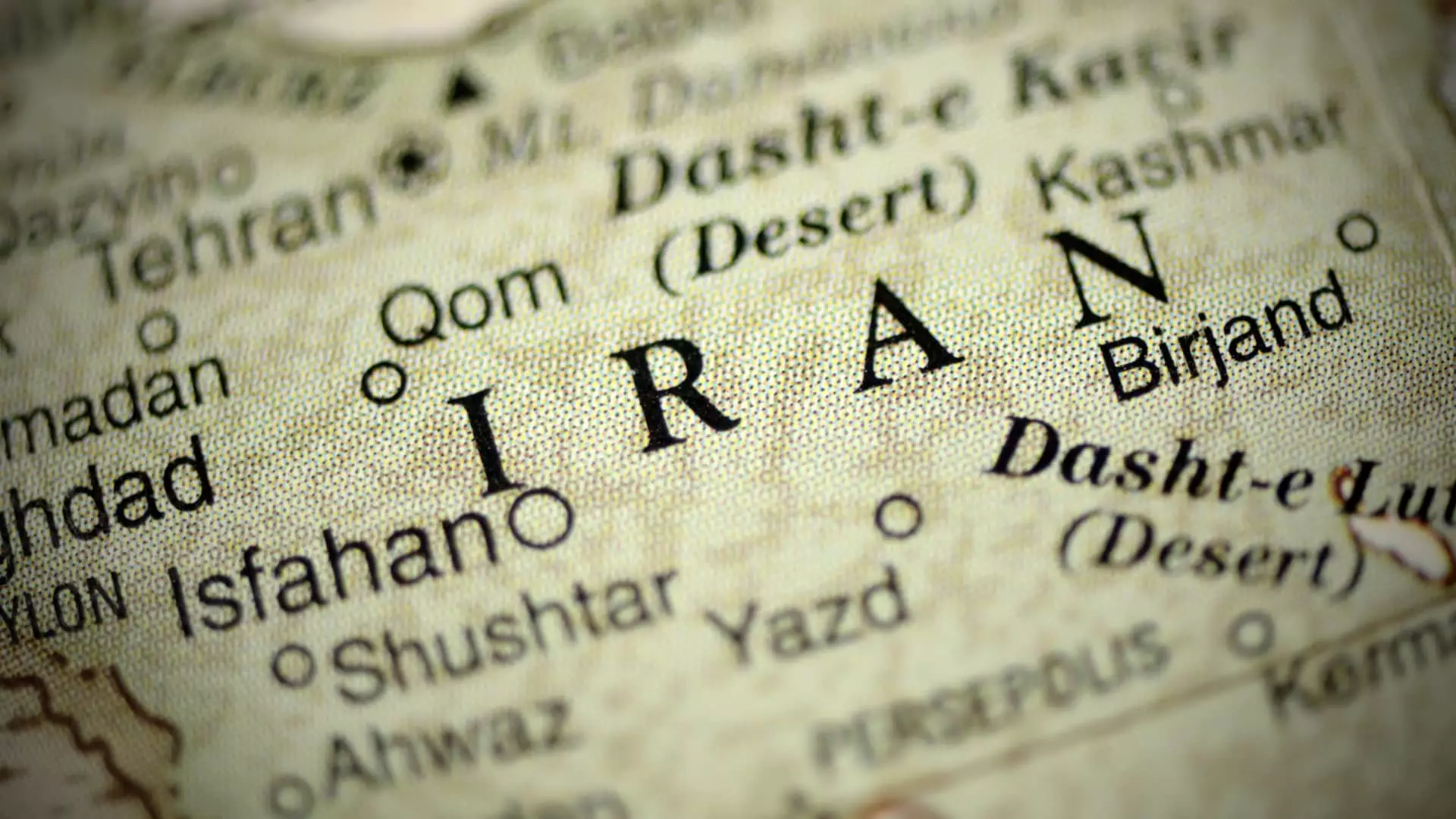The ongoing tensions between Israel and Iran have escalated with the recent missile strikes launched by Iran on October 1, which were justified by Tehran as retaliation for Israel’s military actions in Lebanon and the targeted assassinations of key figures linked to Iranian proxies. This cycle of violence is a grim reminder of the fragile geopolitical landscape in the Middle East. U.S. officials have carefully analyzed the situation, providing insight into Israel’s potential military response. However, the complexity of regional dynamics raises questions about the efficacy and consequences of Israel’s forthcoming actions.
The missile barrage from Iran, though minimally damaging to Israeli infrastructure, underscores the high stakes involved. The conflict also highlights the broader implications for U.S. interests in the region, as any military engagement could further destabilize an already volatile area and affect American troops and assets stationed nearby.
Israel’s Targeted Strategy
Israeli officials are reportedly honing in on specific military and energy infrastructure targets within Iran. Notably, there are indications that Israel is opting to avoid striking directly at nuclear facilities or engaging in assassination tactics. This strategic restraint may reflect a desire to minimize international backlash—a consideration that is paramount given the geopolitical ramifications of such attacks, particularly amid heightened tensions with global powers like the United States.
The lack of a final decision regarding when and how to strike adds another layer of uncertainty. U.S. intelligence suggests that while Israel is preparing for potential retaliation, they have not disclosed precise timelines or operational details. This ambiguity complicates U.S. efforts to manage its own response and could lead to miscalculations or escalatory actions.
U.S. officials are playing a pivotal role in the unfolding crisis, attempting to navigate the delicate relationship between Israel and Iran. Meetings between key figures, including Secretary of Defense Lloyd Austin and Israeli Defense Minister Yoav Gallant, aim to foster a coherent strategy that aligns with American interests. However, the outcomes of these discussions remain nebulous, with the Israeli leadership withholding detailed plans out of operational security concerns.
The U.S. has continually urged Israel to adopt a proportional response strategy, focusing solely on military objectives while avoiding civilian targets, notably oil, gas, and nuclear facilities. This call for restraint reflects broader American strategies focused on stability and de-escalation in the region. The conversation between President Joe Biden and Prime Minister Benjamin Netanyahu further ignited discussions about humanitarian considerations in Gaza and Lebanon, emphasizing the importance of addressing these issues amid the ongoing conflict.
Speculation about the timing of Israel’s military response suggests that the Yom Kippur holiday may play a critical role in when action is taken. The sensitivity surrounding this period, commemorating the 1973 war against Israel, could influence military decisions to mitigate civilian casualties and maintain diplomatic relationships. The impact of such cultural considerations cannot be understated, as they are intertwined with both public perception and operational security.
Moreover, as Israel prepares its strategy, the possibility of Iranian counterattacks post-strike looms large. U.S. officials are readying defenses for American assets but are cautious about direct military involvement. This restraint indicates an understanding of the precarious balance required in responding to Iranian aggression without creating additional fronts of conflict.
Looking Beyond Immediate Retaliation
The challenge for both Israel and the U.S. lies in extending their focus beyond immediate military responses. A concerted effort must be made to address the root causes of conflict and pursue diplomatic routes which may lead to long-term solutions. The interplay of military action and diplomacy will ultimately shape the trajectory of security and stability in the region.
As the situation unfolds, the international community remains watchful—awaiting Israel’s response while hoping for a resolution that mitigates further loss of life and instability. The conflict’s ramifications extend beyond Israel and Iran, affecting various geopolitical players, and underscores the delicate dance between military readiness and diplomatic engagement in one of the world’s most enduring hotbeds of conflict.


Leave a Reply